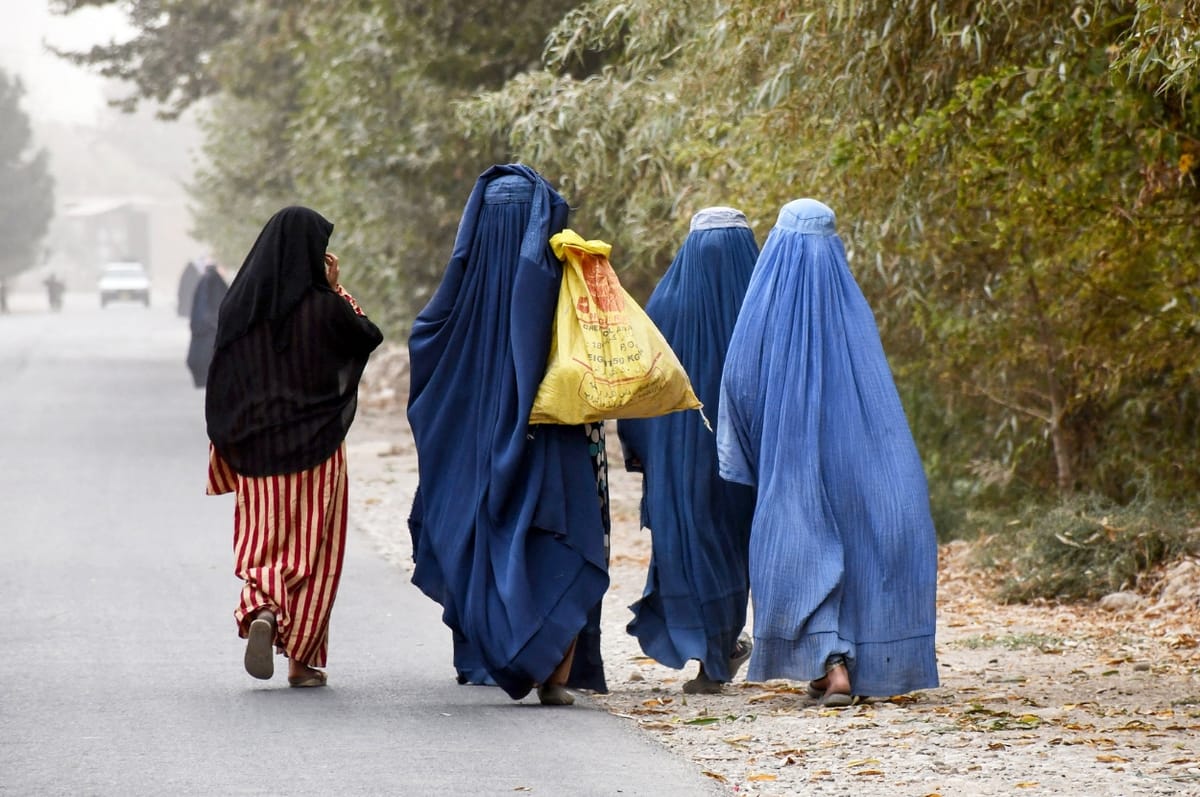The ICC Has Issued Arrest Warrants For Taliban Leaders Over Their Persecution Of Women In Afghanistan
The ICC issued arrest warrants for Haibatullah Akhundzada, the Supreme Leader of the Taliban, and Abdul Hakim Haqqani, the Chief Justice.
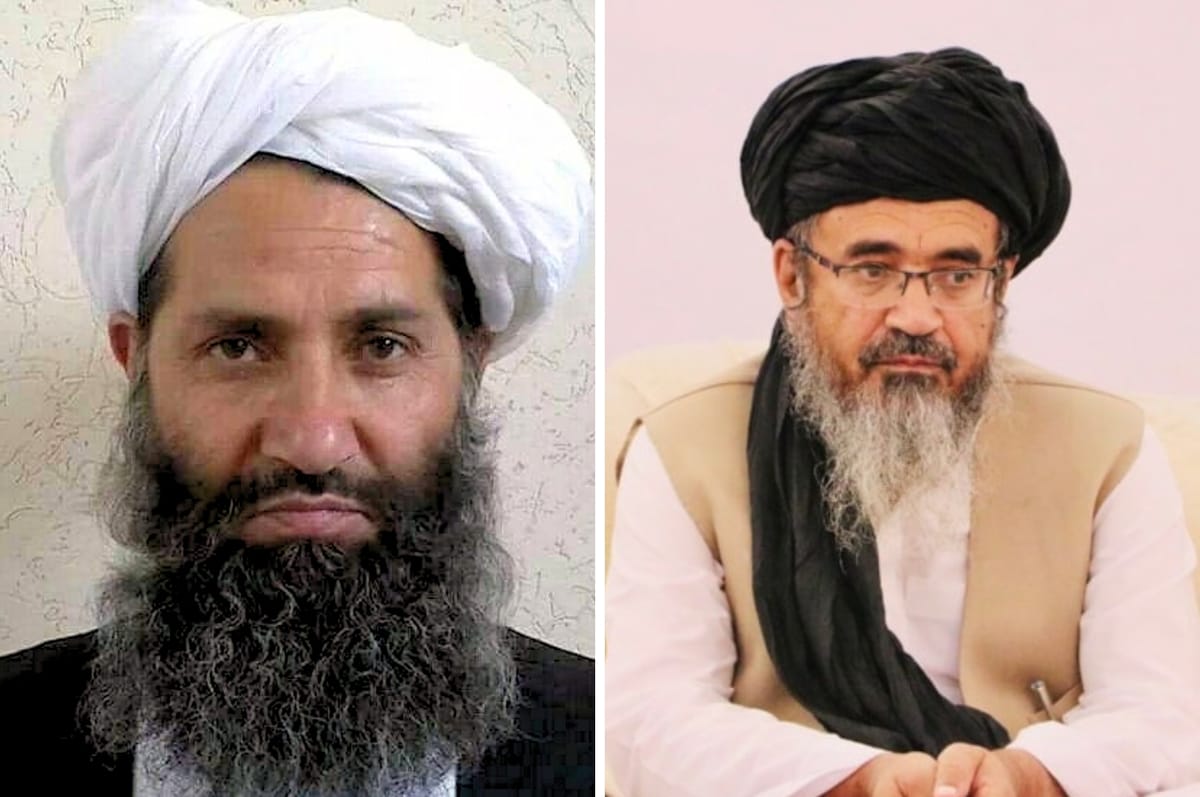
The International Court of Justice (ICC) has issued an arrest warrant for two senior Taliban leaders over their roles in the persecution of women and girls in Afghanistan.
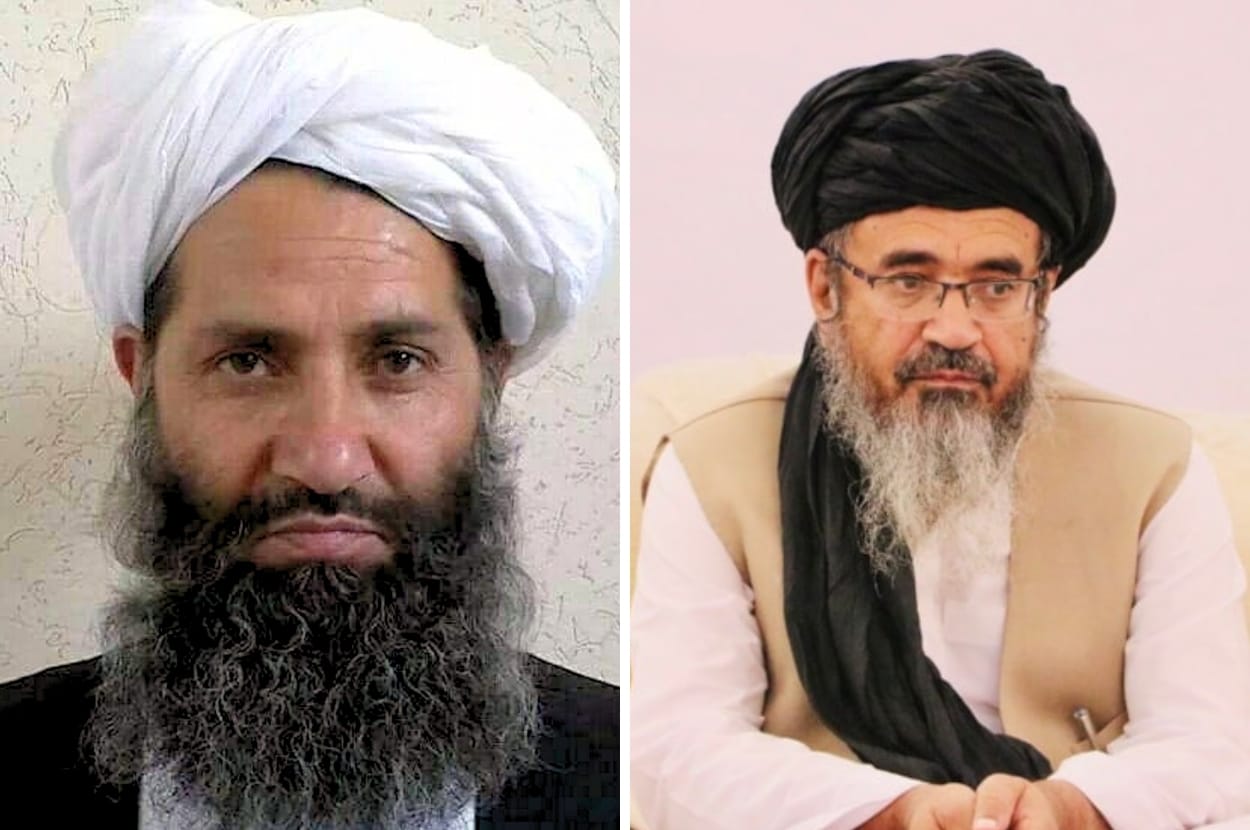
The announcement on July 8 came months after the ICC Prosecutor Karim Khan requested arrest warrants for Haibatullah Akhundzada, the Supreme Leader of the Taliban, and Abdul Hakim Haqqani, the Chief Justice.
The ICC judges said there are “reasonable grounds” to believe both leaders committed “crimes against humanity of persecution” against women and girls since the Taliban seized control of the country in August 2021.
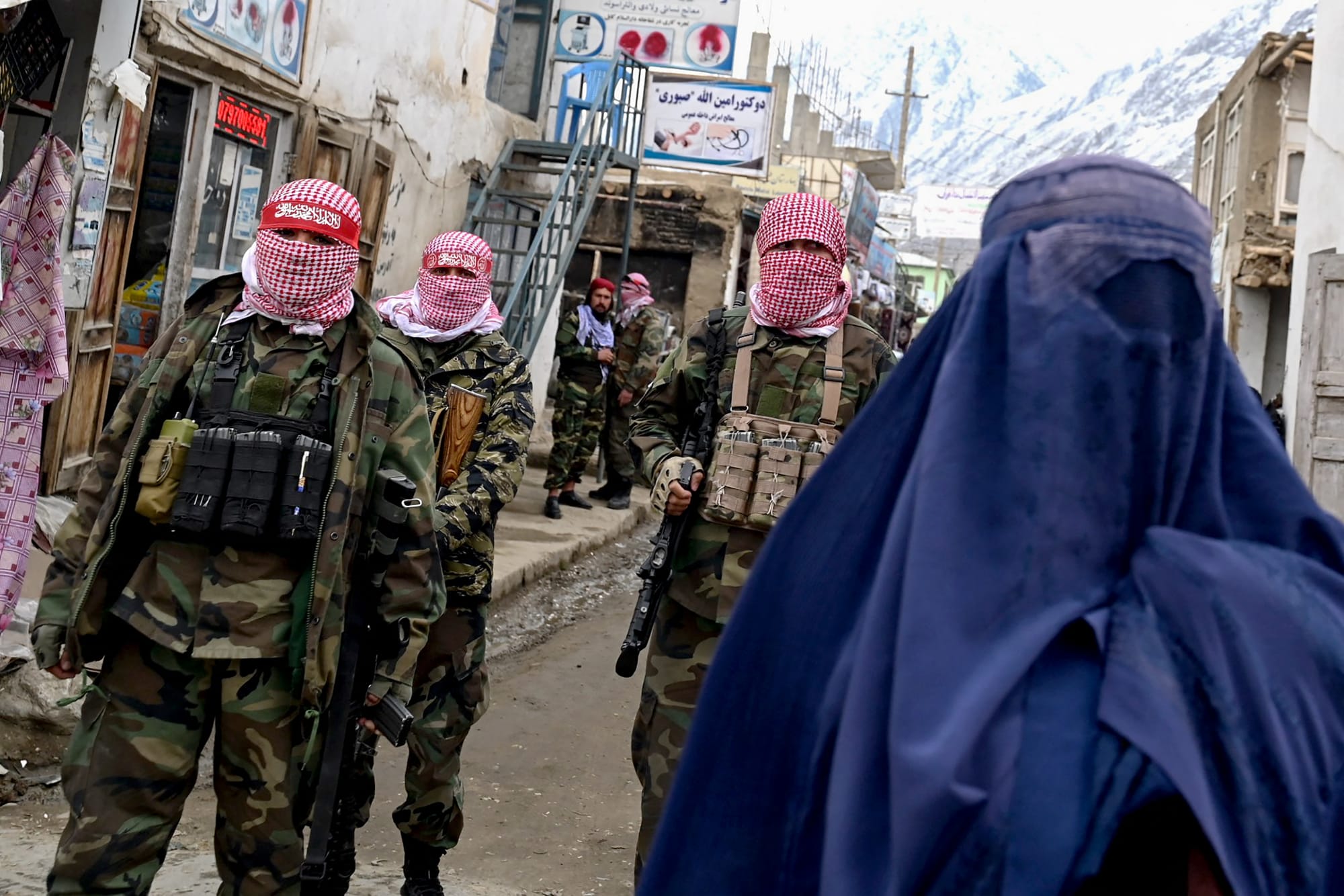
The court said the gender persecution not only regards acts of violence, but also "systemic and institutionalized forms of harm, including the imposition of discriminatory societal norms.”
A previous investigation from the ICC had found that women and girls in Afghanistan have been denied basic rights, including the rights to physical safety, education, free movement, free expression, family life and free assembly.
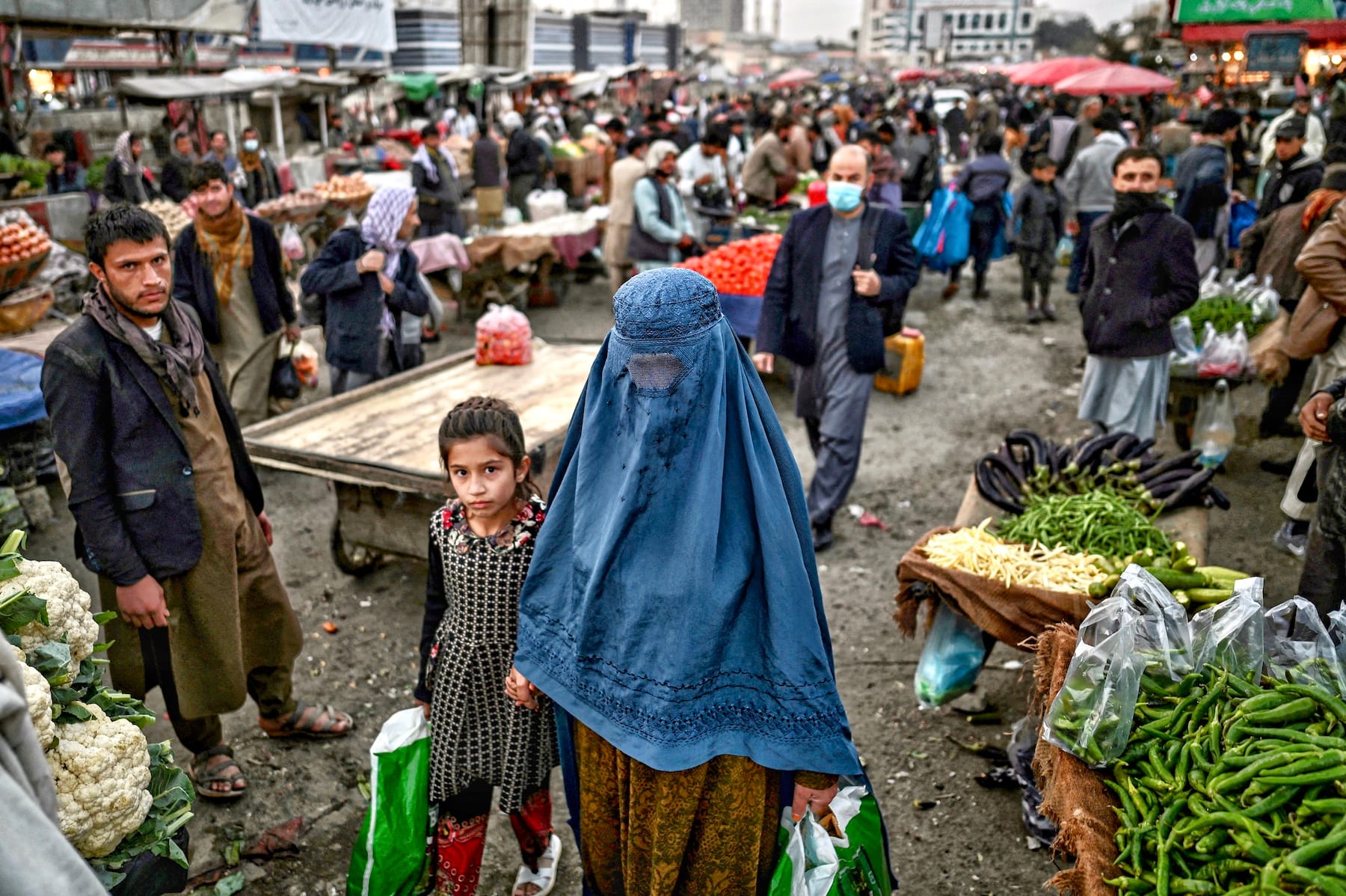
The court added that individuals perceived as opposing these policies, including those described as allies of girls and women, were also targeted by the Taliban.
Human rights groups have welcomed the arrest warrants and urged the international community to work with the ICC, which does not have a police force and relies on member states to carry out its arrest warrants, to carry out the court’s warrants.
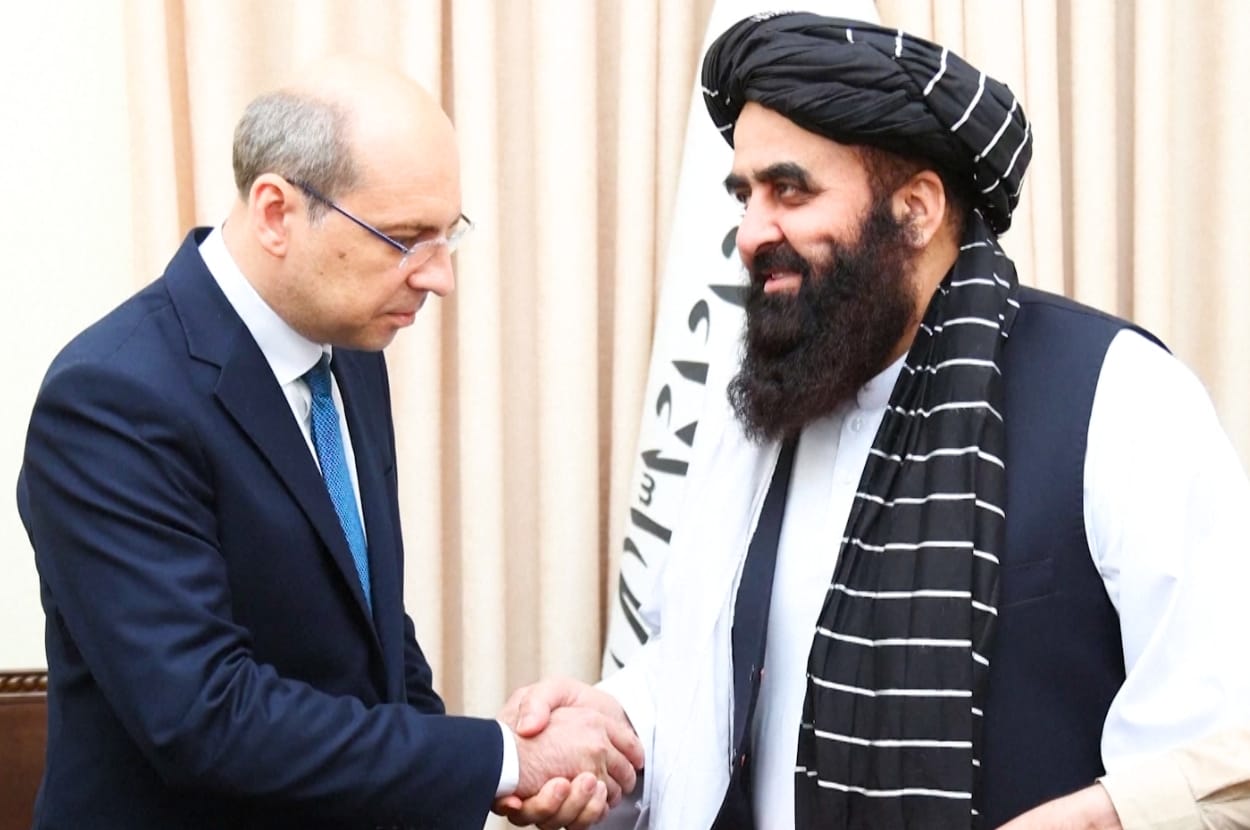
The announcement comes days after Russia became the first country to officially recognize the Taliban government on July 3.
Human rights groups had condemned Russia’s move, saying that it set a “dangerous precedent” towards normalizing the Taliban regime without guaranteeing human rights.
Since the Taliban took control of Afghanistan in August 2021, it has rolled back decades of women’s rights, including banning girls and women from going to school, working, going out on their own and speaking aloud in public.
More On Afghanistan

